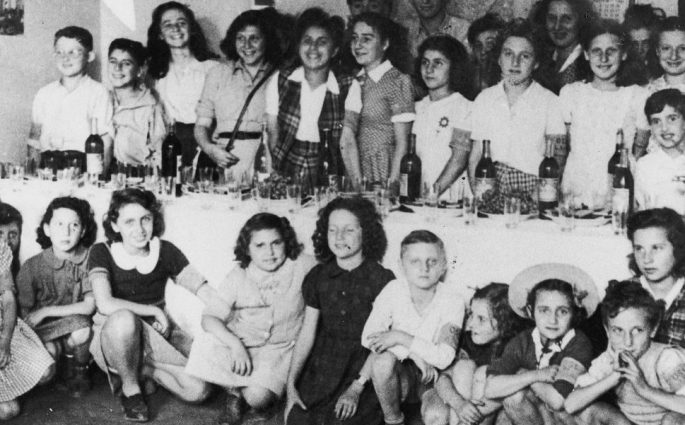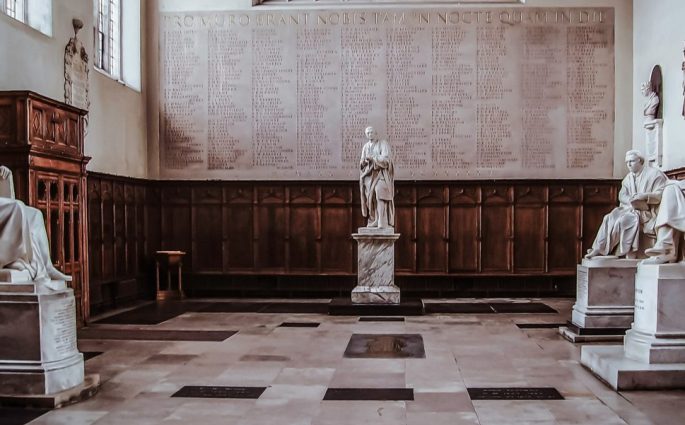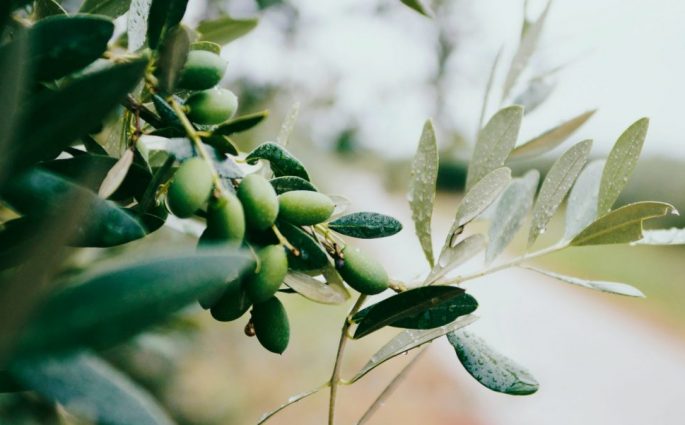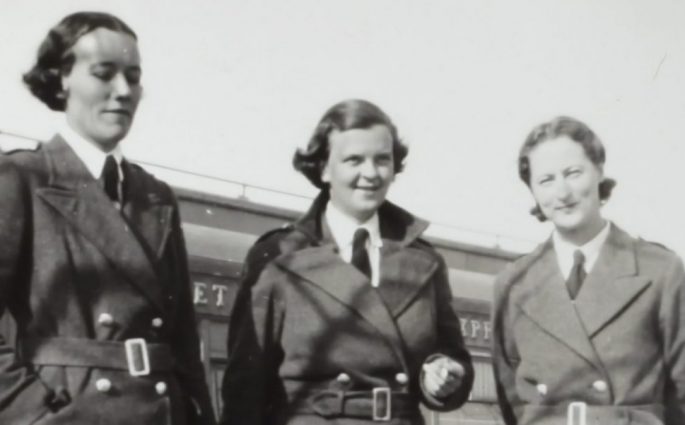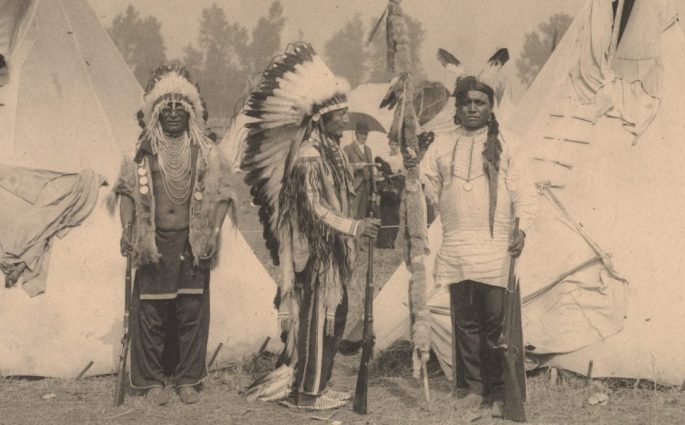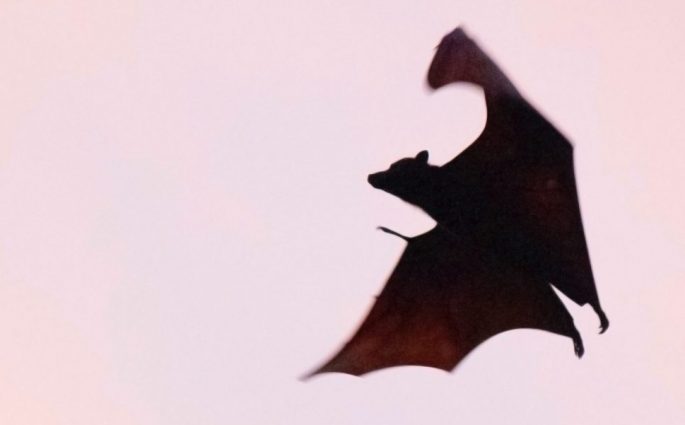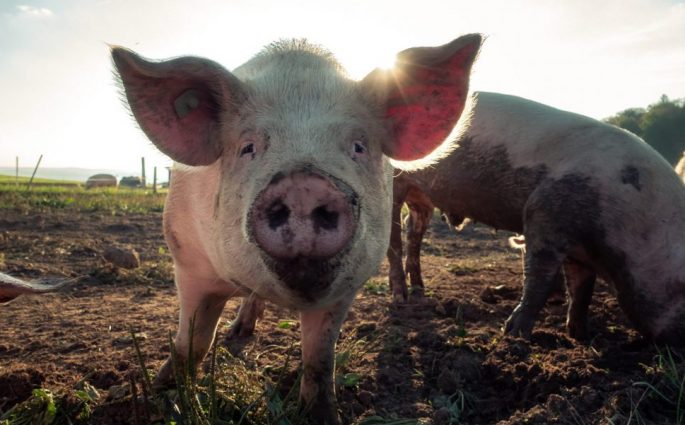Separated Families: What Can We Learn from the Experience of Child Holocaust Survivors?
Rebecca Clifford— Lawyers from the American Civil Liberties Union have revealed the agonizing fact that they have not been able to trace the parents of 545 children who were separated from their families at the U.S.-Mexico border. The Trump administration’s policy of separating migrant children from their parents officially ended in

